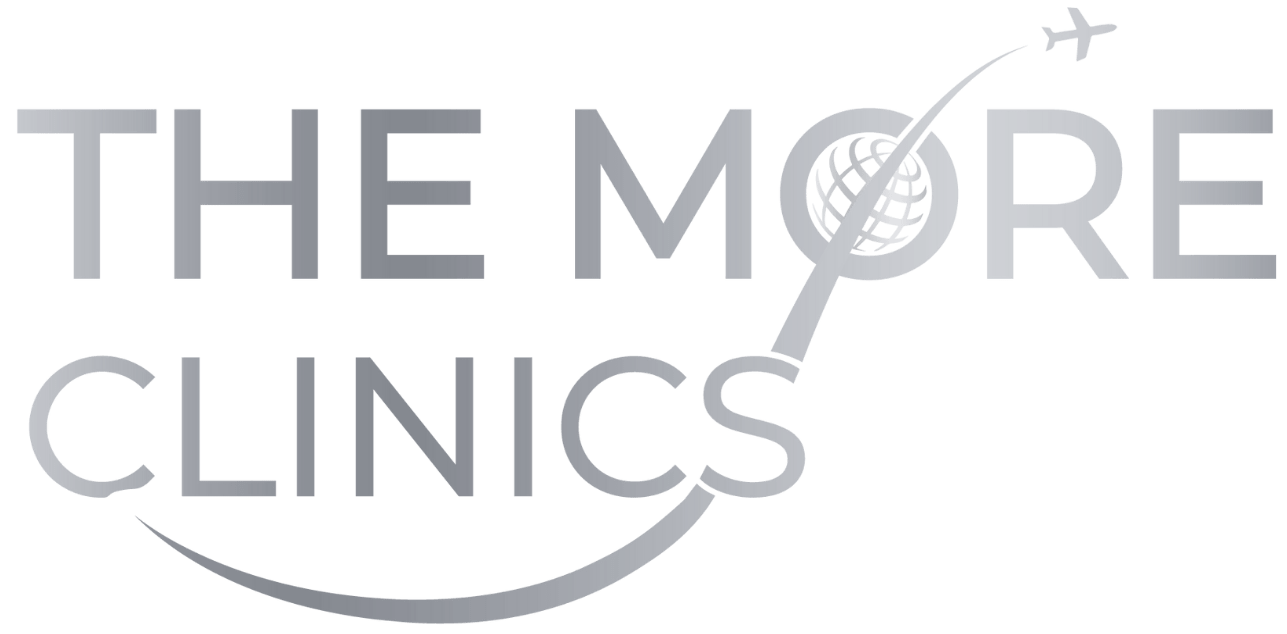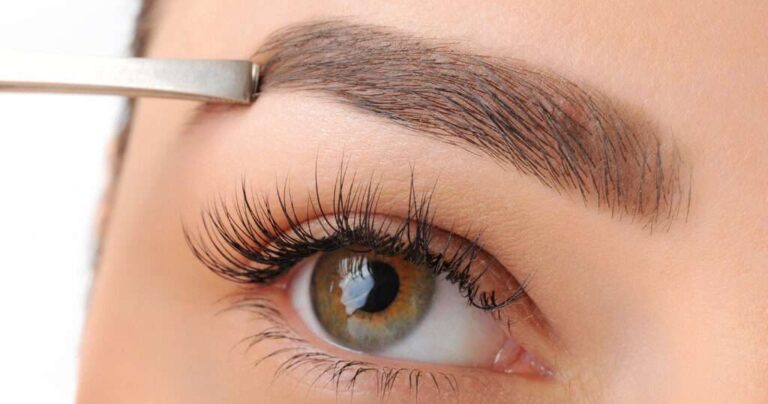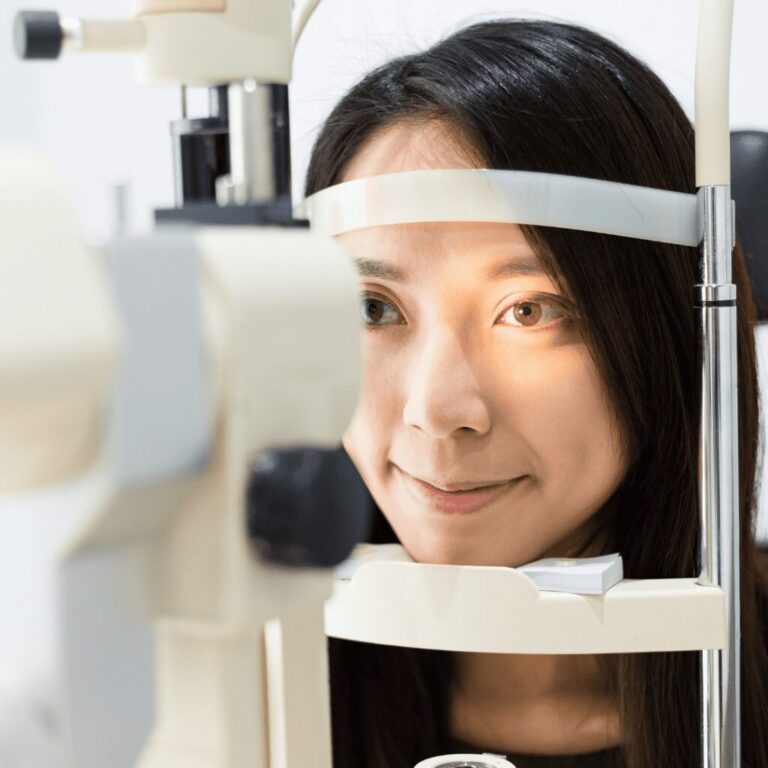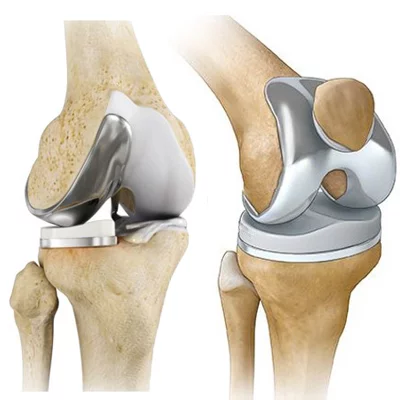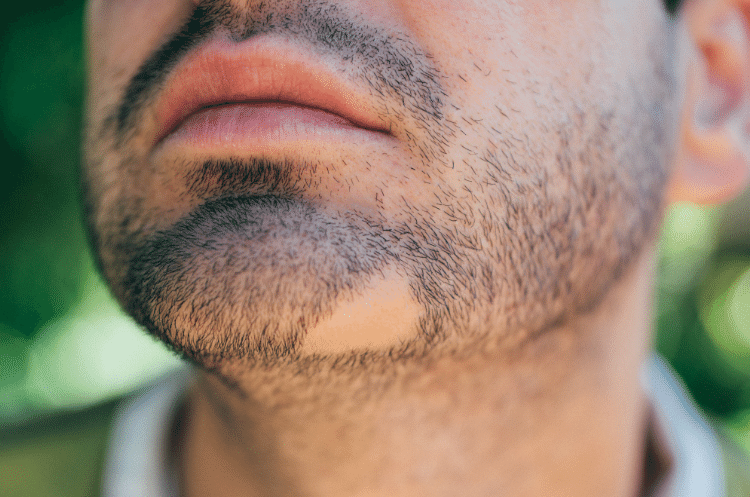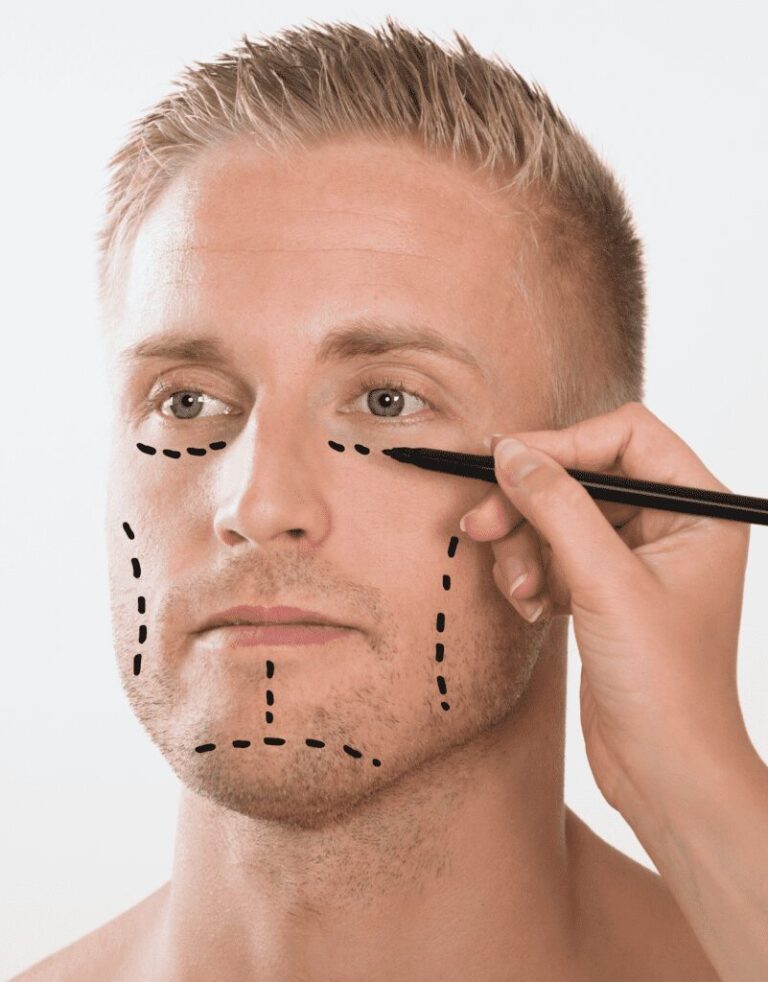Nearsightedness (Myopia): A Comprehensive Guide
Nearsightedness, also known as myopia, is a common vision problem affecting people worldwide. In this comprehensive guide, we’ll cover everything you need to know about nearsightedness, including its symptoms, causes, related refractive errors, and available treatment options.
What is Nearsightedness (Myopia)?
Nearsightedness, or myopia, is a refractive error that occurs when the eye focuses light in front of the retina instead of directly on it. This results in difficulty seeing distant objects clearly, while nearby objects may still appear sharp.
It is characterized by difficulty in seeing objects at a distance while having no issues seeing things up close. A person with myopia might find it challenging to see objects clearly when driving, watching a movie, or looking at a chalkboard or whiteboard in a classroom.
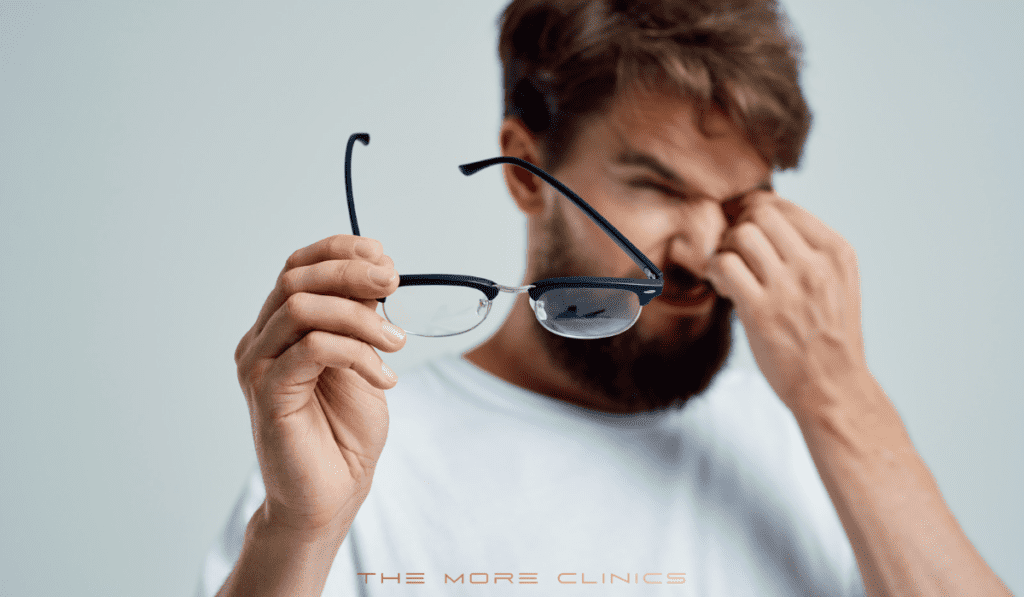
How common is it?
Myopia is incredibly prevalent, impacting millions of individuals across the globe. According to the World Health Organization, it is estimated that by the year 2050, nearly half of the world’s population – around 4.8 billion people – will be myopic. This widespread prevalence underlines the importance of understanding and addressing this vision condition effectively.
What are the Causes of Myopia?
Nearsightedness occurs due to an irregularly shaped eye, which prevents light from focusing correctly on the retina. Common causes of myopia include:
A longer-than-normal eyeball
A cornea that is too curved
A lens that doesn’t focus light properly
Symptoms of Nearsightedness (Myopia)
Symptoms of nearsightedness can vary depending on the severity of the condition. Some common symptoms include:
- Blurry vision when looking at distant objects
- Squinting to see far-away objects more clearly
- Headaches due to eyestrain
- Difficulty seeing while driving, particularly at night
Typically, the symptoms of nearsightedness disappear after receiving treatment with eyeglasses or contact lenses. As you adapt to your new eyeglasses or contact lens prescription, you might experience headaches and eye fatigue for a week or two.
When to See the Doctor?
If you or your child are experiencing symptoms of nearsightedness, it’s essential to consult an eye care professional for a comprehensive eye exam. Early detection and treatment can help prevent further vision problems and ensure proper visual development in children.
Blurred vision can be caused by other serious conditions, including detached retina, cataracts, and glaucoma. If you notice any changes in your vision or experience loss of your visual field, it is important to seek medical attention.
How it is Diagnosed?
Your eye care professional will conduct a comprehensive eye exam to diagnose nearsightedness. This includes vision acuity tests, refraction tests, and corneal curvature measurements. During the examination, your doctor may also evaluate the health of your eyes through dilated pupils or ophthalmoscopy.
Other Refractive Errors
Nearsightedness is one of several refractive errors that can affect vision. Other common refractive errors include:
1. Farsightedness (hyperopia): Difficulty seeing nearby objects clearly, while distant objects appear sharp.
2. Astigmatism: Blurry or distorted vision at all distances due to an irregularly shaped cornea or lens.
3. Presbyopia: Age-related difficulty focusing on close objects, usually affecting individuals over the age of 40.
What are the Treatment Options for Nearsightedness (Myopia)?
Several treatment options are available to correct nearsightedness, including:
1. Eyeglasses: Prescription lenses can help focus light correctly on the retina, improving distance vision.
2. Contact lenses: Contacts provide an alternative to glasses for correcting nearsightedness and may offer better peripheral vision.
3. Refractive surgery: Laser eye surgery Procedures such as: LASIK, PRK, RELEX SMILE or Lens Replacement Surgery can reshape the cornea, reducing or eliminating the need for corrective eyewear.
Frequently Asked Questions
Q: What is the best treatment option for myopia?
A: The most effective treatment option depends on your individual needs. Consult with an eye care professional to determine the best solution for you.
Q: Can myopia be corrected without surgery?
A: Yes, corrective eyeglasses and contact lenses are safe and effective alternatives to refractive surgery.
Q: Is myopia a permanent condition?
A: Myopia is typically not considered a permanent vision issue, as many cases can be treated with corrective eyewear or refractive surgery. However, it is important to speak with an eye care professional to determine the best course of action.
Q: Are there any lifestyle changes that can help my nearsightedness?
A: It is important to practice good eye health habits such as wearing sunglasses when outdoors, limiting screen time, and taking regular breaks during extended periods of close work. Eating a healthy diet rich in vitamins and minerals may also help reduce the progression of myopia.
Q: How far a nearsighted person can see?
A: The degree of myopia will determine how far a person can see. People with mild nearsightedness may be able to see clearly up to 6 feet away, while those with severe myopia may only be able to focus on objects that are close by.
Last Words from the More Clinics
Understanding the symptoms, causes, related refractive errors, and treatment options for nearsightedness (myopia) is crucial for maintaining good eye health and preventing further vision problems. Regular eye exams and appropriate treatment can help ensure clear vision and overall well-being. Always consult with an eye care professional to discuss your specific needs and determine the most suitable treatment plan for you.
At The More Clinics Turkey, we are committed to providing the highest quality of care and services to help you regain your vision. Our experienced team of doctors will work with you to create a personalized treatment plan that meets your needs and goals for clearer vision. Contact us today to learn more about our services and get started on your journey toward better vision!
GET A FREE CONSULTATION!
Let’s Start Planning Your Treatment %100 Guarantee Results.

Written by The More Editorial Team and Medically Reviewed by Op.Dr.İbrahim Kaya who specialized on Eye Surgery, Retinal Surgery and Optalmology.
